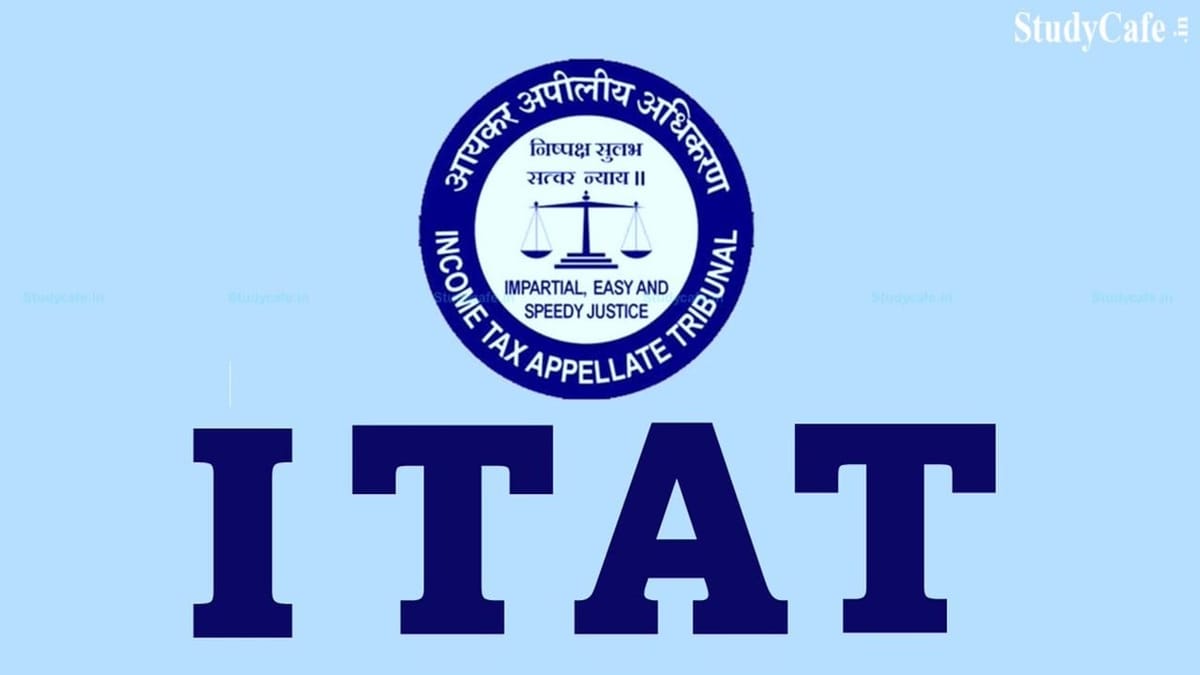AO cannot decide reasonableness, legitimacy and commercial expediency of expenditure incurred by assessee
CA Ayushi Goyal | Jun 2, 2022 |

AO cannot decide reasonableness, legitimacy and commercial expediency of expenditure incurred by assessee
Assessee is a company stated to be engaged in the business of dealing in sale and purchase of e-journals. Assessee filed its return of income for A.Y. 2015-16 on 29.09.2015 declaring total income at Rs.3,82,51,540/-. During the course of assessment proceedings, The assessee was asked to justify the payment of salary u/s 40(A)(2)(b) of the Act to which assessee made the submissions which was not found acceptable to AO. AO noted that in the case of Bina Balani and Kailash Balani there was hike in salary of more than 125% and 50% respectively whereas the increase in turnover of the assessee was only to the extent of 30% and therefore the increase in salary was not justifiable. Assessee was also asked to justify the payment of consultancy fees to ‘Megha Balani’, the Daughter in Law of the Director. It was submitted that in earlier years she was paid amount of Rs.26,31,240/- as consultancy charges and during the year she has been paid salary which is less than the consultancy charges which is Rs. 9 lac + service tax @12.36%. The submissions of the assessee was not found acceptable to AO. AO was of the view that the nature of the business of the assessee was of trading in nature and did not require any consultancy services. He accordingly held the amount of consultancy charges of Rs.9,00,000/- including service tax aggregating to Rs.10,11,240/- to be not justifiable. He accordingly disallowed the aggregate of Rs.26,31,240/- (Rs.16,20,000 + Rs.10,11,240).
Aggrieved by the order of AO, assessee carried the matter before CIT(A). CIT(A) vide order dated 24.01.2019 in Appeal No.91/18-19 upheld the order of AO. Aggrieved by the order of CIT(A), assessee filed appeal before the tribunal.
Before tribunal, Ld. AR submitted that Megha Balani is daughter in law one of the Director and is therefore not covered within the definition of relative u/s 2(41) of the Act. He also submitted the observation of AO that there is no corresponding increase in sales as compared to increase in salary is misplaced. He thereafter submitted that it is a settled law that the businessman is a right person to take decision about the expenses which he has to incur for the purpose of business and the AO cannot sit in the chair of the assessee to determine the reasonableness of an expenditure.
He submitted that the reasonableness of the expenditure has to be considered from view of the businessman and not of the Assessing Officer. He further submitted that the amount of salary received by the individual Directors have been offered by the respective assessee’s in their return of income and they are also taxed at the maximum taxable rate and thus it cannot be said that the increased salary has been paid to reduce the tax liability. He therefore submitted that no addition is called for in the present case. ITAT in its order stated that u/s 40A(2) the AO can disallow only that portion of the total expenditure, which in his opinion, is excessive or unreasonable. The onus is on the AO to form an opinion that the expenditure claimed as excessive/unreasonable having regard to the fair market value for which the payment is made. This opinion of the AO cannot be arbitrary but must be on the basis of determining the fair market value for which payment is made. The AO must establish that the payment is excessive or unreasonable which should be on the basis of material on record and cannot be based on merely surmises and conjectures. The reasonableness of the expenditure is to be seen from the view point of the businessmen and not from the view of Revenue authorities.
The expediency, legitimacy and the business needs will have to be examined from the assessee’s point of view and not from the department’s view as held by Hon’ble Gujarat High Court in the case of Voltamp Transformers Pvt. Ltd. vs. CIT 129 ITR 105 (Guj).
Therefore, ITAT held that the AO was not justified in disallowing the expenditure by invoking the provisions of Section 40(A)(2)(b) of the Act and accordingly, set aside the addition made by AO and CIT(A).
To Read Judgement Download PDF Given Below:
In case of any Doubt regarding Membership you can mail us at [email protected]
Join Studycafe's WhatsApp Group or Telegram Channel for Latest Updates on Government Job, Sarkari Naukri, Private Jobs, Income Tax, GST, Companies Act, Judgements and CA, CS, ICWA, and MUCH MORE!"